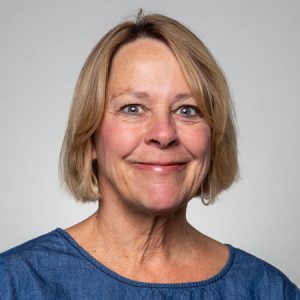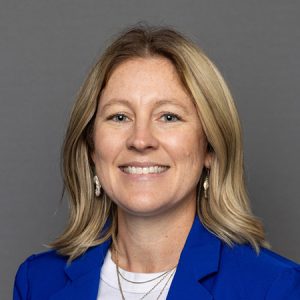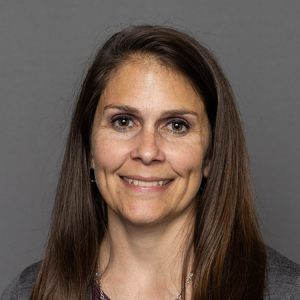Dec. 9, 2024
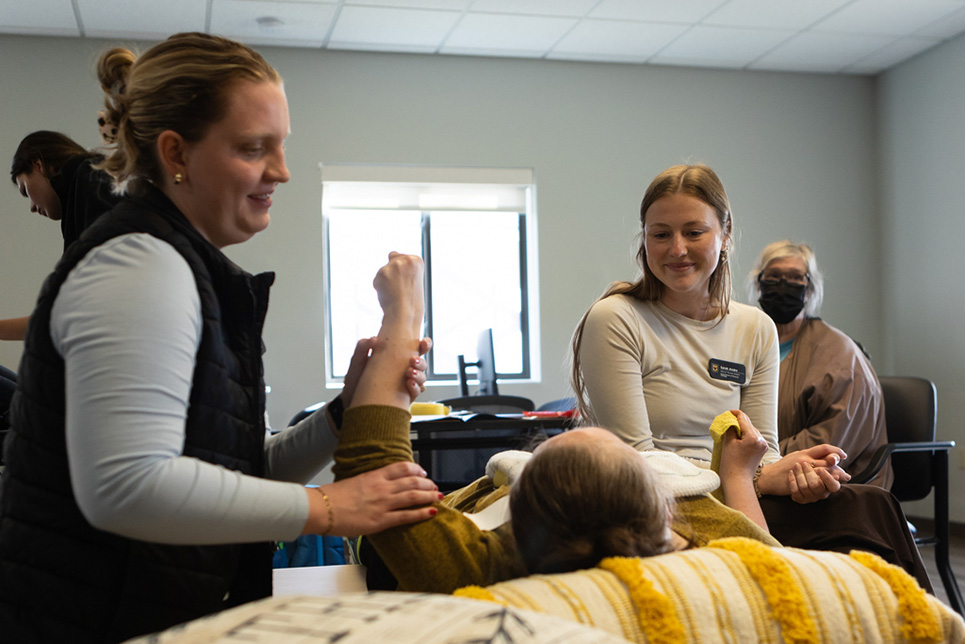
Story by Ryan Gauthier, rjgauthier@health.missouri.edu
Armed with vision charts, physical therapy tables and an array of adaptive equipment, students and faculty from the Mizzou College of Health Sciences gathered at Woodhaven to run a pilot clinic like no other — one where the departments of Occupational Therapy, Physical Therapy, and Speech, Language and Hearing Sciences came together to assess and support individuals with developmental disabilities.
The organizers worked together in a carefully orchestrated flow, guiding participants through several screenings in a short amount of time. For the students, the pilot clinic wasn’t just a hands-on learning opportunity; it was a chance to reimagine health care for adults with developmental disabilities while practicing interprofessional collaboration.
The project was a collaborative effort between College of Health Sciences faculty members Lea Ann Lowery, Cody Higgins and Kelly Stephens. Lowery serves on the Woodhaven board, and she saw an opportunity for the college to partner with the nonprofit to address health and wellness needs in adults with developmental disabilities.
“It’s a population that tends to fall through the cracks, especially in adult health care,” she said. “This was an opportunity for students to learn while contributing to the community.”
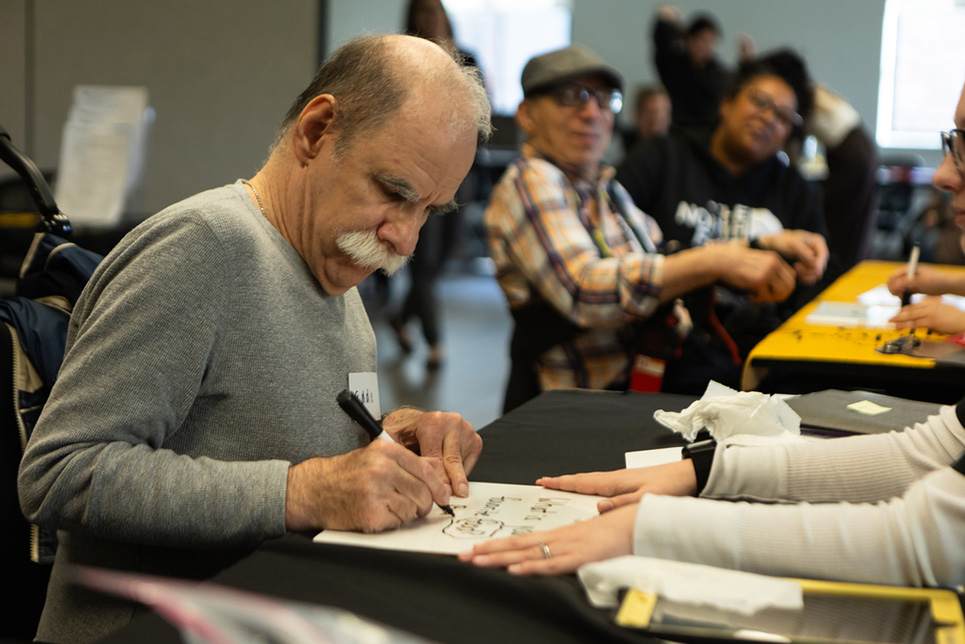
Lowery worked closely with a team of students from her Populations and Communities class to develop a practical, interdisciplinary model for the clinic. It featured rotating stations for services like vision screening, mobility assessment, adaptive equipment evaluations, and communication support.
Madison Campbell, a doctoral student with the Department of Occupational Therapy, was one of seven students who organized the clinic. Campbell said the team wanted to provide patient-centered care while fostering collaboration between and learning among the three College of Health Sciences programs.
“It’s incredibly helpful to work with students from other disciplines,” Campbell said. “Planning this clinic helped us understand each other’s priorities and how we can work together to meet the needs of our clients.”
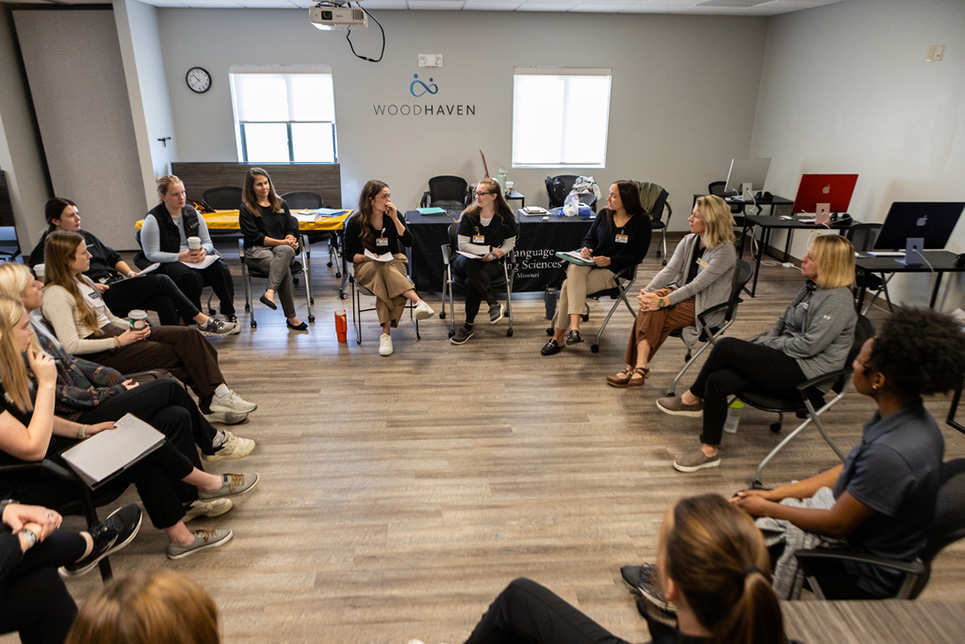
In addition to providing screenings without the need to commit the same amount of time, energy and effort it would take for multiple appointments with different providers, Lowery said the clinic highlighted existing gaps in health care education. Although many programs do a great job of educating students about developmental disabilities with a pediatric population, Lowery said they don’t always cover the full lifespan of those same people.
“I have a sister-in-law with Down syndrome, and I’ve seen how providers don’t always know how to work with her,” she said. “It’s so great for our students to get that experience now, because they’re going to run into adults with developmental disabilities no matter where they work.”
Lowery said the hope is to continue the pilot clinic project moving forward, potentially expanding to other locations and serving more individuals in the local community.
“I’d love to run clinics like this a few times a year,” she said. “It’s not just about the care we provide — it’s about preparing our students for the realities of interdisciplinary teamwork and the unique challenges of this population.”
